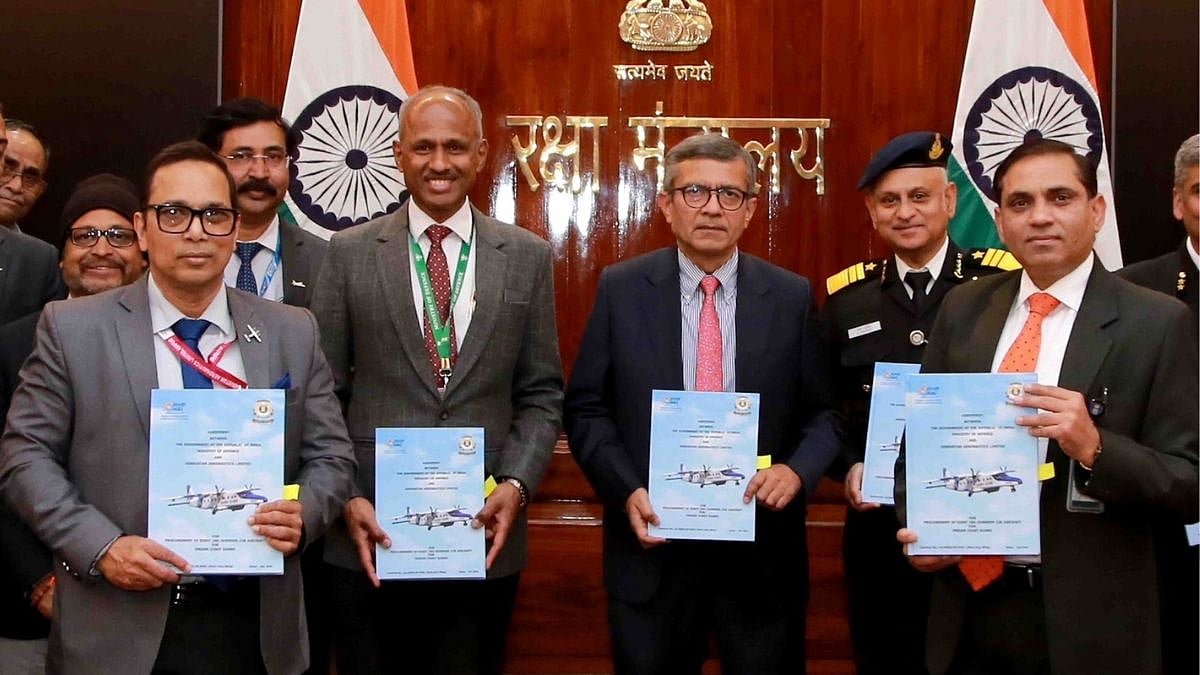It would be an understatement to say that the COVID-19 pandemic over the last two years has had an adverse effect on the Indian economy. In the first quarter of the financial year 2021 when the country went into lockdown, the GDP went down by almost 25 percent. While things have certainly improved since then, there is no overlooking the fact that millions of jobs were lost due to the pandemic, and meeting basic daily expenses became increasingly difficult for the common man.
With many businesses forced to shut down across the country, blue- and grey-collar employees (ones who engage in skilled or unskilled manual labor) all over India lost their livelihoods.
Although a significant number of white-collar workers also went through job losses during this period, there are several online platforms and other avenues that make it convenient for this workforce to search for their next jobs and land interviews. The same, however, cannot be said for the blue- and grey-collar workers – who often have to go through unreliable modes of job hunting.
Challenges faced by blue- and grey-collar workers
The major hurdle in finding jobs for such workers is a lack of trust in the current system as job seekers are often duped by job brokers/agents. Such fake ‘brokers’ charge heavy commissions from job seekers in the name of form-filling fees and other bogus traps, without providing jobs or promising another job while recruiting for different jobs. The ill-informed workers thus end up without a job even after spending a significant amount of their hard-earned money. As a result of such experiences, most of the workers are averse to dealing with job brokers.
In addition, a massive 90 percent of the blue-and grey-collar workforce in the country belongs to the unorganized sector. As such, it becomes difficult even for skilled workers to find relevant jobs that are aligned with their skills and offer opportunities for further learning and skill development.
Bridging gap between workers and genuine recruiters
With mobile phones infiltrating daily lives for all, an increasing number of job seekers for blue-and grey-collar jobs use smartphones today for the purpose. What can help here are user-friendly, technology-driven platforms that can enable the workforce to look for jobs without the fear of getting defrauded and at the same time allow employers to hire the most relevant candidates seamlessly. Moreover, to build a thriving blue-and grey-collar recruitment ecosystem, it is paramount that the workers have trust in the platform as well as in their potential employers.
With the goal of bridging the gap between the workers and employers, something called the ‘Direct Calling Model’ was introduced recently. The model helps jobseekers contact the employer or HR of corporate establishments or SMBs directly – this not only addresses the urgent need of finding a job by blue-collar workers, but also eliminates unscrupulous middlemen from the process.
With the right use of technology and product innovation done by certain players to prove the benefits and effectiveness of this model, the model has now been widely accepted in the blue-and grey-collar hiring market, which is good news for the workforce.
Process and things that can further help
In this model, job seekers and potential employers are connected through features such as a Job Broker Engine that filters out jobs posted by unscrupulous brokers, Relevancy Engine that matches the best-suited candidates and jobs, and a reliable tech backbone that matches the most relevant candidates to the appropriate jobs.
In addition, upskilling can help blue-and grey-collar workers in the country find jobs that are the right fit for their skills. Employers can set training processes in place so that once a suitable candidate is hired, the training provided helps the worker to grow his/her skills and stay put in the job for a considerable time – which is a beneficial scenario for both parties.
The good news is that things are picking up in the sector, and it is estimated that India Inc will create around 7 million blue-collar jobs by this fiscal year-end. With the availability of such trustworthy and effective job-hunting platforms, there is hope that in the future, irrespective of a pandemic-induced situation, job seekers will not have to travel hundreds of kilometers physically or wait for days for an interview opportunity just to earn a sustainable livelihood.
(The writer is CEO and Co-Founder, WorkIndia)









